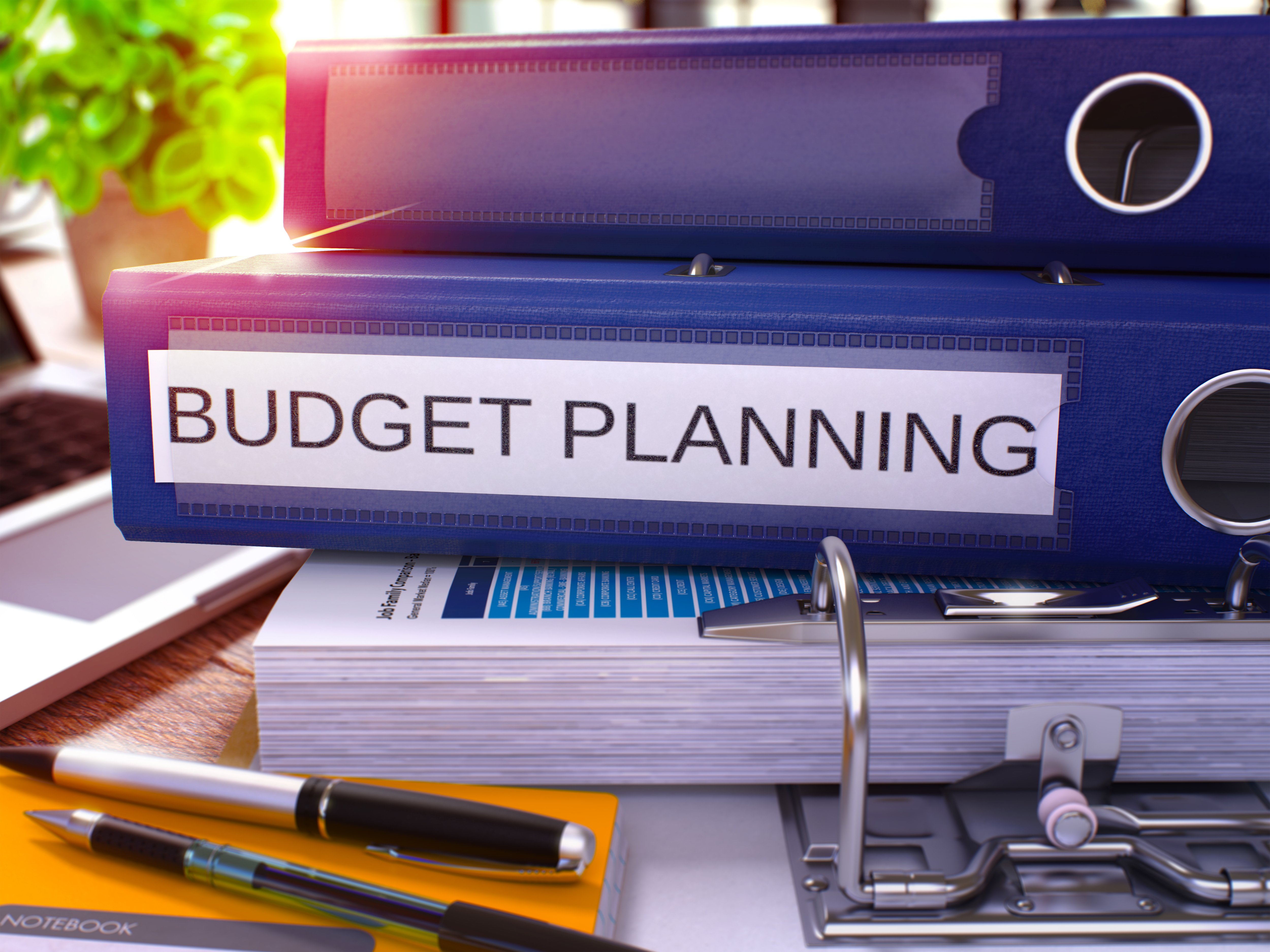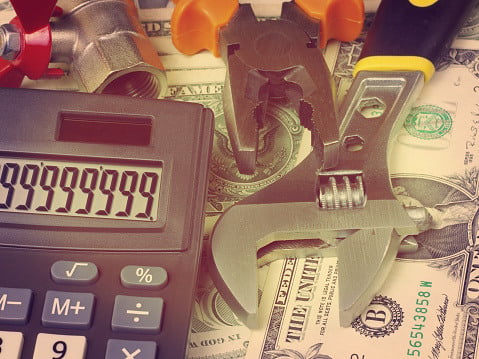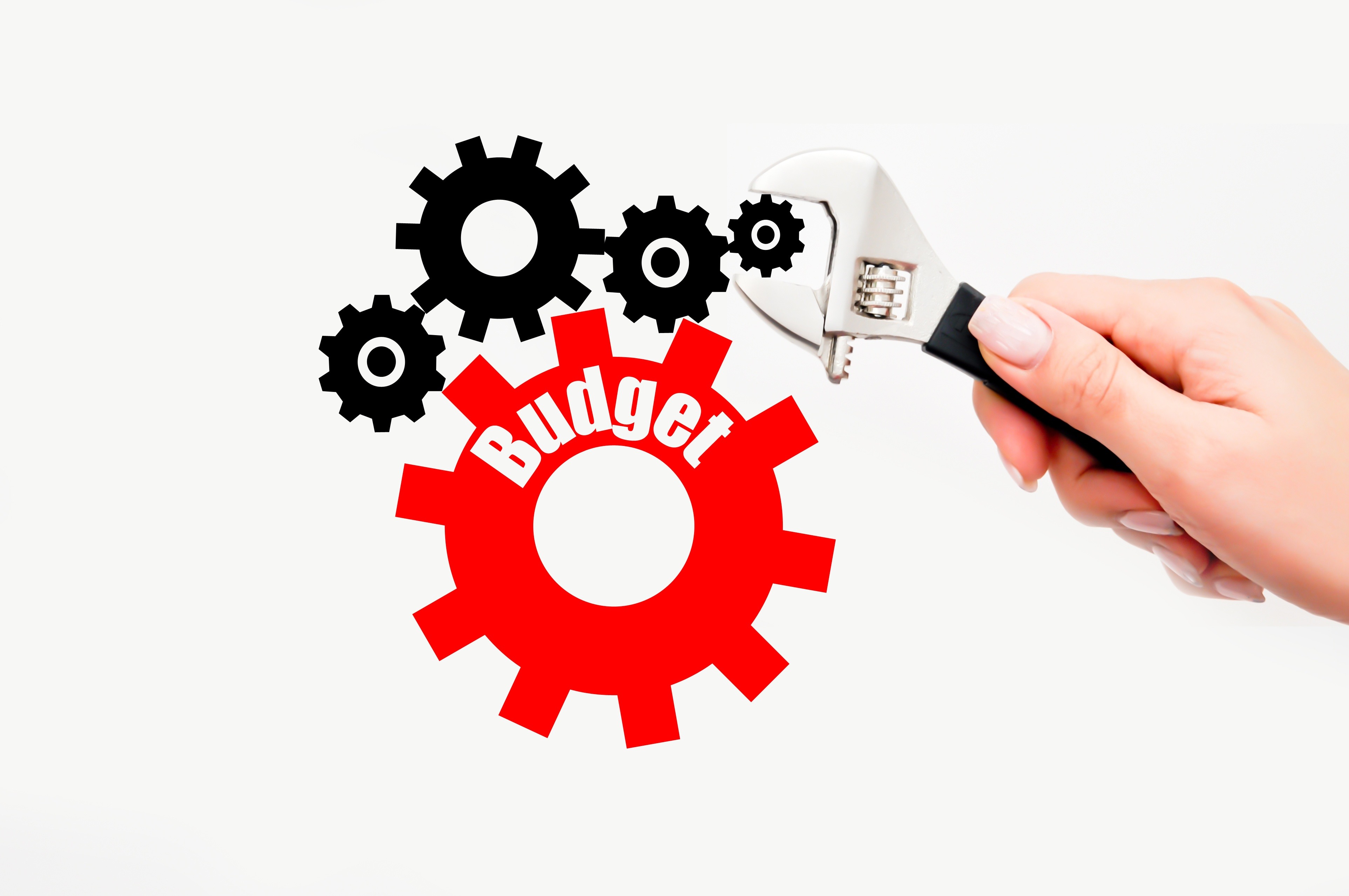 Funding community operations is one of the most important, if not the most important, functions of an HOA board. Properly overseeing day-to-day actions and long-term projects insures the homeowners association will have a continuous supply of funds to keep the community running effectively.
Funding community operations is one of the most important, if not the most important, functions of an HOA board. Properly overseeing day-to-day actions and long-term projects insures the homeowners association will have a continuous supply of funds to keep the community running effectively.
As an HOA board member you have a fiduciary duty to make sure any money is properly allocated. A realistic and successful budget can be created by using actual expenses and reserve study guidelines. The reserve study takes a fresh look at and takes into account larger scale issues such as replacing roofs and new buildings and other related large expenditures.
Operating and Reserve Funds
Generally, HOA fees are allocated to:
- Payment of everyday and recurring expenses
- Major repairs and replacements
There are basically two types of funds you will deal with in your HOA. The day-to-day operations are taken care of by operating funds. The major or long-term projects are handled by the reserve fund.
An HOA board typically runs its financial operation like every household does. A checking account is used for the everyday and ongoing expenditures and a savings account is used for unforseen circumstances or planning for future repairs and replacements. It's wise (and civil code requires) to keep the two funds separated.
Operating Fund
This fund is used to pay for the services that help carry out the everyday functions of the association. These include, but are not limited to:
- Contracted services (landscaping, general maintenance of common areas - gate, fence, pool, lighting, plumbing, roof - property management, security services)
- Insurance and taxes
- Utility expenses
- Office expenses (postage, office supplies)
- Accounting and legal fees
The actual fees for one year will be a good indication of the next year's proposed budget. Of course, it's wise to keep expenses to a minimum and focus on necessary costs and actions.
Reserve Fund
This fund is used for larger scale projects, such as replacement and repair in the homeowners association. These monies usually have strict criteria for how they are used based on community rules and regulations, bylaws and accountability.
A good way to look at the reserve fund is to understand it's used to pay for expenditures that don't occur on an annual basis. Some examples of reserve fund use are:
- Roof replacement on common area buildings
- New pump at the community pool
- New playground equipment at neighborhood parks
- Replacing fencing in HOA controlled areas
- Painting of community associated buildings, such as clubhouses
- Major landscaping projects
- Construction and major renovation such as sidewalk projects
This is just a brief look at a few examples of major projects that the reserve fund may be used for. Community-wide there may be hundreds of items the HOA board is responsible for, so check your governing documents.
As an HOA board member you have several issues to keep in mind when dealing with your community reserve fund. It is best to have money put aside for major expenditures, but there may be occasions where special assessments need to be levied to pay for major projects. Your responsibilities in this area are varied and very vital.
Any board has the responsibility to pay for expenses incurred on behalf of the community. Some of these are day to day expenditures and are handled by the operating fund. For major expenses the reserve fund is used.
The board has the fiduciary responsibility to keep the funds separate and in good standing at all times. This may be the most important part of your job as an HOA board member.
If you're unsure where your homeowners association stands, contact The Hignell Companies for a free evaluation or download the free offer below to get started.









